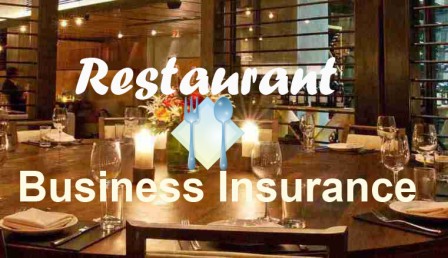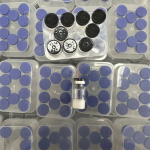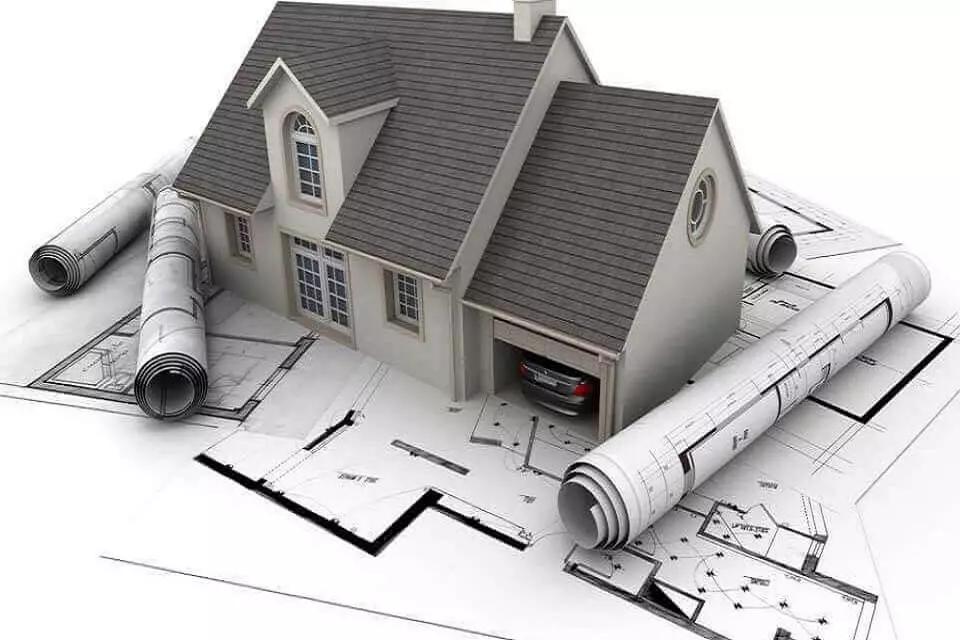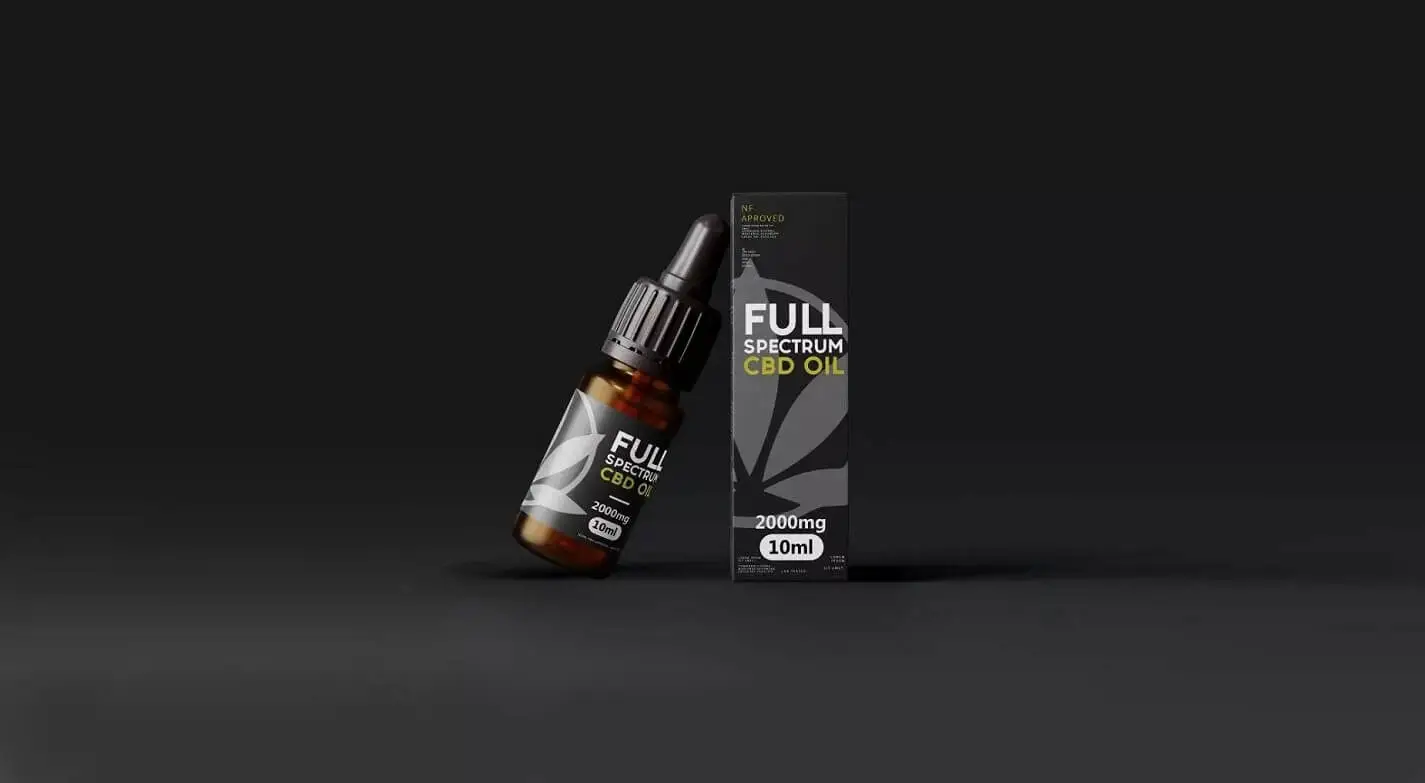In the fast-paced world of food service, restaurant owners face a multitude of risks that can jeopardize their businesses. From kitchen accidents to food-related illnesses, the potential for costly incidents looms large. Restaurant insurance provides a crucial safety net, offering protection against unforeseen events that could otherwise lead to financial ruin. This essential coverage helps ensure the longevity and stability of food establishments in an industry known for its volatility.
Restaurant insurance encompasses various types of coverage tailored to the unique needs of food businesses. It safeguards against property damage, liability claims, and lost income due to unexpected closures. Moreover, it addresses specific concerns such as kitchen safety, food contamination, and employee injuries. By understanding the importance of comprehensive insurance coverage, restaurant owners can focus on what they do best – serving delicious meals and creating memorable dining experiences – while having peace of mind that their business is protected against potential setbacks.

Content
Understanding the Risks in the Restaurant Industry
The restaurant industry is fraught with potential hazards that can have a significant impact on a business’s success and longevity. Restaurant owners face a multitude of risks that can lead to financial losses, legal troubles, and damage to their reputation. Recognizing these risks is crucial for implementing effective strategies to mitigate them and ensure the smooth operation of a food business.
Common accidents and incidents
Restaurants are prone to various accidents and incidents that can result in injuries to staff and customers alike. Slips, trips, and falls are among the most frequent occurrences, often caused by wet or greasy floors, uneven surfaces, or cluttered walkways. These incidents can lead to serious injuries, including fractures, sprains, and even head trauma.
Burns and cuts are also common in restaurant kitchens due to the constant handling of hot equipment, sharp utensils, and cooking appliances. Food handlers are at risk of sustaining injuries from knives, kitchen machinery, and exposure to hot substances. Deep fryers, in particular, can cause severe burns that may result in long-term complications.
Food contamination and foodborne illnesses pose another significant risk in the restaurant industry. Improper food handling, storage, or preparation can lead to the spread of harmful bacteria and pathogens, potentially causing widespread illness among customers. This not only has an impact on customer health but can also result in serious legal and financial consequences for the restaurant.
Financial implications of uninsured losses
The financial repercussions of uninsured losses in the restaurant industry can be devastating. Without adequate restaurant insurance coverage, business owners may find themselves personally liable for damages, medical expenses, and legal fees resulting from accidents or incidents on their premises.
For instance, a single slip-and-fall accident can lead to substantial medical bills and potential lawsuits. If a customer suffers food poisoning due to contaminated food served at the restaurant, the resulting legal claims and compensation costs can be overwhelming. Equipment breakdowns, such as malfunctioning refrigeration units or cooking appliances, can result in significant repair or replacement expenses, as well as lost income due to business interruption.
Moreover, restaurants are vulnerable to property damage from fires, natural disasters, or vandalism. Without proper insurance coverage, the cost of rebuilding or replacing damaged property can be financially crippling for a business owner.
Legal requirements for food businesses
Restaurant owners must navigate a complex web of legal requirements and regulations to operate their food businesses legally and safely. Health and safety regulations are paramount in the food service industry, with local health departments conducting regular inspections to ensure compliance with food safety standards.
Food hygiene ratings play a crucial role in demonstrating a restaurant’s commitment to maintaining proper sanitation practices. These ratings not only impact customer perception but also influence insurance premiums, as insurers often consider them when assessing risk.
Restaurants serving alcohol must adhere to strict liquor liability laws. Failure to comply with these regulations can result in hefty fines, license revocations, and legal action if an intoxicated patron causes harm to themselves or others after leaving the establishment.
Employment laws and regulations also pose significant legal challenges for restaurant owners. Compliance with wage and hour laws, including minimum wage requirements and overtime regulations, is essential to avoid costly labor disputes and potential lawsuits.
Understanding and adhering to these legal requirements is crucial for restaurant owners to protect their businesses from potential fines, penalties, and legal action. Implementing robust safety protocols, maintaining proper documentation, and staying informed about changes in regulations are essential steps to ensure compliance and minimize legal risks in the restaurant industry.
Key Components of Restaurant Insurance
Restaurant insurance is a comprehensive package designed to protect food businesses from various risks and potential financial losses. It encompasses several key components that address the unique challenges faced by restaurant owners. Understanding these components is crucial for ensuring adequate coverage and safeguarding the business against unforeseen events.
Property coverage
Property coverage is an essential aspect of restaurant insurance that protects the physical assets of the establishment. This includes the building itself (if owned by the restaurateur), as well as the contents within. Kitchen equipment, furniture, appliances, and other valuable items are covered under this policy. In the event of damage caused by fire, theft, vandalism, or natural disasters, property coverage helps to repair or replace these assets.
For restaurant owners who lease their space, it’s important to note that while the building owner may have property insurance, the restaurant is still responsible for insuring its own contents. This coverage extends to items such as ovens, refrigerators, tables, chairs, and other equipment necessary for daily operations. The average annual premiums for property insurance typically range from USD 1000.00 to USD 2500.00, with an average deductible of USD 1000.00.
Liability protection
Liability protection is perhaps the most crucial component of restaurant insurance. It safeguards the business against claims related to bodily injury, property damage, or other harm caused to third parties. This coverage is particularly important in the food service industry, where the risk of customer injuries or foodborne illnesses is relatively high.
General liability insurance covers a wide range of incidents, including slip-and-fall accidents, food poisoning cases, and damage to customer property. It also provides protection against advertising injury claims, such as copyright infringement or reputational damage. The average annual premiums for general liability insurance can range from USD 500.00 to USD 6000.00, depending on the size and nature of the restaurant.
For establishments that serve alcohol, liquor liability insurance is an additional crucial component. This coverage protects the business from claims arising from alcohol-related incidents, such as injuries or property damage caused by intoxicated patrons.
Workers’ compensation
Workers’ compensation insurance is a legal requirement in most states for businesses with employees. This coverage provides benefits to employees who suffer work-related injuries or illnesses. In the restaurant industry, where kitchen accidents, burns, cuts, and slips are common occurrences, workers’ compensation is particularly important.
This insurance covers medical expenses, rehabilitation costs, and a portion of lost wages for employees who are injured on the job. It also provides protection for the restaurant owner against potential lawsuits related to workplace injuries. The cost of workers’ compensation insurance is typically calculated based on the restaurant’s payroll, with an average rate of USD 2.25 per USD 100.00 of payroll.
Business interruption insurance
Business interruption insurance is a vital component that helps to protect a restaurant’s income in the event of a temporary closure due to covered perils. This coverage can help to replace lost income and pay for ongoing expenses such as rent, utilities, and employee wages during the period of interruption.
For example, if a fire damages the kitchen and forces the restaurant to close for repairs, business interruption insurance can help to cover the lost revenue and fixed expenses during the closure period. This coverage typically has a restoration period of up to 12 months, providing crucial financial support while the business works to resume normal operations.
The average annual premiums for business interruption insurance can range from USD 750.00 to USD 10000.00, with an average deductible of USD 1000.00. The specific cost depends on factors such as the restaurant’s location, size, and potential risks.
How Restaurant Insurance Safeguards Your Business
Restaurant insurance plays a crucial role in protecting food businesses from various risks and potential financial losses. By providing comprehensive coverage, it allows restaurant owners to focus on delivering exceptional dining experiences while having peace of mind about their financial security.
Protection against property damage
One of the primary ways restaurant insurance safeguards businesses is by offering protection against property damage. Commercial property insurance covers physical assets, including the building (if owned by the restaurateur), kitchen equipment, furniture, and appliances. This coverage is essential, as restaurants face significant risks of property damage, particularly from kitchen fires.
On average, there are over 7,400 restaurant fires per year, resulting in approximately USD 165 million in fire damage annually. Factors such as improperly stored materials, open flames, grease build-up, and faulty wiring can contribute to these incidents. With commercial property insurance, restaurant owners can receive financial assistance to repair or replace damaged assets, helping them recover more quickly from such events.
Additionally, this coverage extends to other types of property damage, such as theft, vandalism, or damage caused by natural disasters. For instance, if a burglary occurs, commercial general liability insurance may help recover the cost of stolen items. Given that the average non-residential burglary results in USD 9,779 worth of stolen goods, having this protection can significantly reduce the financial burden on restaurant owners.
Coverage for customer injuries
Restaurant insurance also has an impact on protecting businesses from liability claims related to customer injuries. General liability insurance is a crucial component that covers bodily injury, property damage, or other harm caused to third parties. This coverage is particularly important in the food service industry, where the risk of customer injuries or foodborne illnesses is relatively high.
Slip and fall accidents are among the most common incidents in restaurants. These can occur due to wet floors, spills, or uneven surfaces. The average settlement amount for a slip and fall accident ranges between USD 10,000 and USD 40,000, but it can be much higher depending on the severity of the injury. General liability insurance can help cover the costs associated with these claims, including medical expenses, legal fees, and potential settlements.
Food contamination is another significant risk in the restaurant industry. If a customer becomes ill due to food poisoning or other food-related issues, the restaurant may face substantial financial and reputational consequences. Restaurant insurance can provide coverage for such incidents, helping to mitigate the costs associated with medical expenses, legal fees, and potential settlements.
Financial security during forced closures
Business interruption insurance is a vital component of restaurant insurance that provides financial security during forced closures. This coverage helps protect a restaurant’s income in the event of a temporary closure due to covered perils, such as fire, natural disasters, or other unforeseen circumstances.
For example, if a fire damages the kitchen and forces the restaurant to close for repairs, business interruption insurance can help cover lost revenue and ongoing expenses such as rent, utilities, and employee wages during the closure period. This coverage typically has a restoration period of up to 12 months, providing crucial financial support while the business works to resume normal operations.
Additionally, some policies may offer coverage for losses due to business shutdowns ordered by civil authorities, such as mandatory evacuations due to disasters. This can be particularly valuable in situations where external factors beyond the restaurant owner’s control force a temporary closure.
By providing this financial safety net, restaurant insurance allows business owners to focus on recovery and reopening rather than worrying about the immediate financial impact of a forced closure. This support can be crucial in ensuring the long-term survival and success of the restaurant, especially in an industry known for its tight profit margins and high operational costs.
Conclusion
Restaurant insurance plays a crucial role in safeguarding food businesses from various risks and potential financial losses. It provides a safety net against property damage, customer injuries, and forced closures, allowing restaurant owners to focus on delivering exceptional dining experiences. This comprehensive coverage has a significant impact on protecting businesses from the unique challenges faced in the food service industry, including kitchen accidents, foodborne illnesses, and liability claims.
To wrap up, investing in proper restaurant insurance is not just a legal requirement but a smart business decision. It offers peace of mind and financial security, enabling restaurateurs to navigate the volatile nature of the industry with confidence. By understanding and implementing the key components of restaurant insurance, business owners can ensure the longevity and stability of their establishments, even in the face of unforeseen events.
FAQs
Why is it crucial to have insurance for a food service business?
Insurance is vital for protecting your business as it helps cover the costs of repairs or replacements. Moreover, restaurants can face liability claims for injuries or illnesses that occur on their premises or damages caused by their employees to third-party properties.
What types of insurance should restaurant owners consider?
Restaurant owners should prioritize several types of insurance: business property insurance to cover the building and its contents, liability insurance for injuries or damages caused by the business, and workers’ compensation, which is mandatory in most states for businesses with employees.
Why must restaurant owners maintain food safety?
Maintaining food safety is crucial for restaurants as it ensures the food served is safe and does not cause illness. Proper food safety practices help retain customers and prevent potential lawsuits.
What specific insurance policies should I acquire for my restaurant?
To fully protect your restaurant, consider obtaining the following types of insurance: general liability, property, liquor liability, workers’ compensation, business interruption, food contamination, and automobile liability insurance.

Alissa Edwards a health blogger, but her words have the power to change your life. She is an avid reader and she loves nothing more than curling up with a good book. She always strives for perfection in everything she does, so it’s no surprise that she plans on becoming the next JK Rowling one day!










